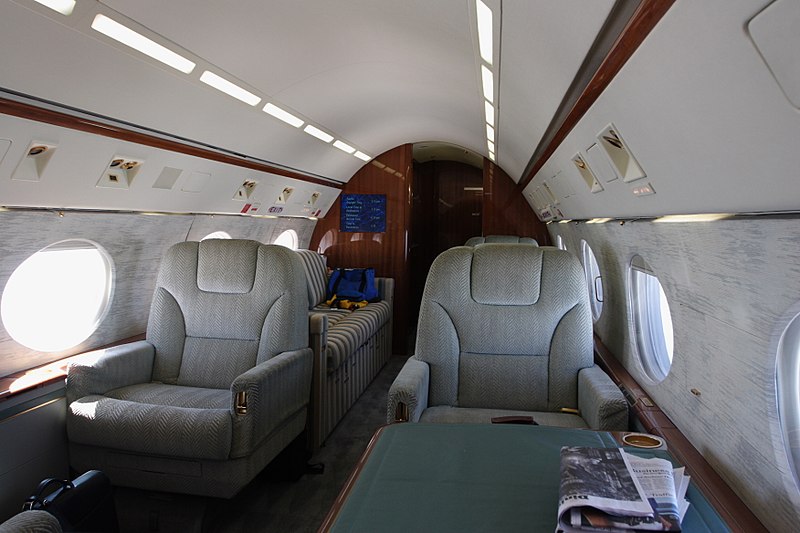
Environmental campaign group Greenpeace has called for a ban on private jets, citing that the world's top 1% are responsible for half of the aviation emissions worldwide. This call to action
comes after a report compiled by CE Research in Delft revealed that in the Netherlands alone, private flight departures from Dutch airports increased drastically from 2,484 flights in 2020 to 12,176 in 2022, causing an increase in CO2 emissions from 6,763 tonnes to 52,923 tonnes.
The report further indicates that the most commonly used route for private aviation in the Netherlands is between Amsterdam and London. Surprisingly, the shortest route is between Maastricht and Liege, which is only 37 kilometers apart. Private jets flying these routes have been singled out by Greenpeace for accelerating the climate crisis and increasing social and climate injustice.
Greenpeace argues that a small minority of the global population enjoys a planet-wrecking lifestyle with no restrictions while the majority, about 80% of the global population, has never been on a plane and is heavily impacted by the climate crisis. To this end, the environmental campaign group has called for an end to the reckless behavior of the super-rich, which they believe contributes to climate change.
The report investigated the use of private jets in 30 European countries, including medical or military flights executed with aircraft typically used in business aviation. It concludes that the 572,806 flights by private jet in 2022 led to approximately 3,385,538 tonnes of CO2 emissions, as the sector recovered from the coronavirus pandemic.
Greenpeace's call to action has already resulted in activism that has seen protesters blockading private jet parks at both Schiphol and Eindhoven airports. These actions led to hundreds of arrests.
The increasing use of private jets has raised alarm bells among environmentalists who believe that the sector is a significant contributor to carbon emissions. The aviation industry is responsible for approximately 2.5% of global greenhouse gas emissions, and private jets account for a significant portion of that. Additionally, a recent report by the European Commission's Joint Research Centre shows that private aviation contributes to air pollution, including nitrogen oxide (NOx) emissions, which can impact respiratory health.
Governments and aviation industry stakeholders must come together to find solutions to reduce the carbon footprint of private jets. Some possible solutions include imposing taxes on private jets, limiting their use, or requiring operators to use cleaner fuel or upgrade to more energy-efficient aircraft.
In conclusion, Greenpeace's call for a ban on private jets highlights the need to address the environmental impact of private aviation. It is essential to find sustainable solutions that balance the convenience of private jets with the need to reduce carbon emissions and air pollution. The aviation industry must take responsibility for its contribution to climate change and work towards a more sustainable future. Photo by David Brossard, Wikimedia commons.



































